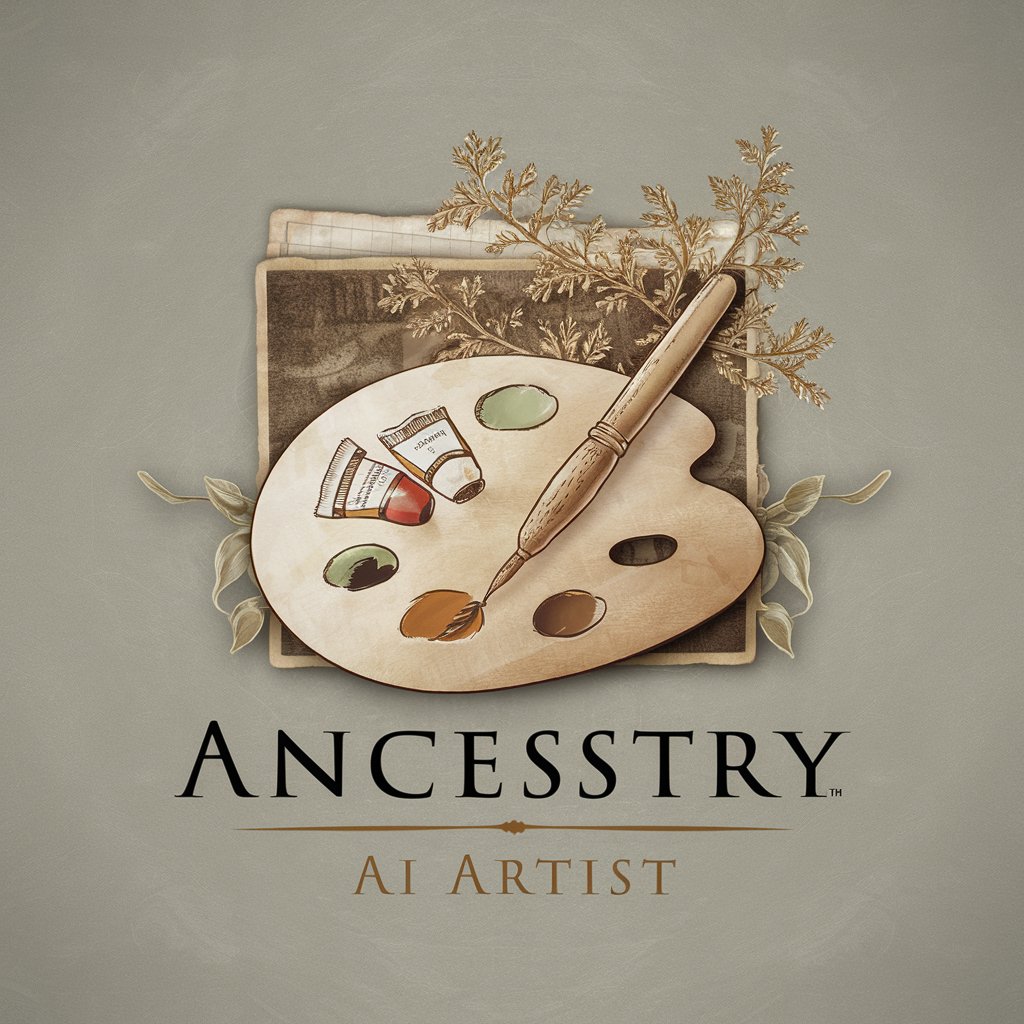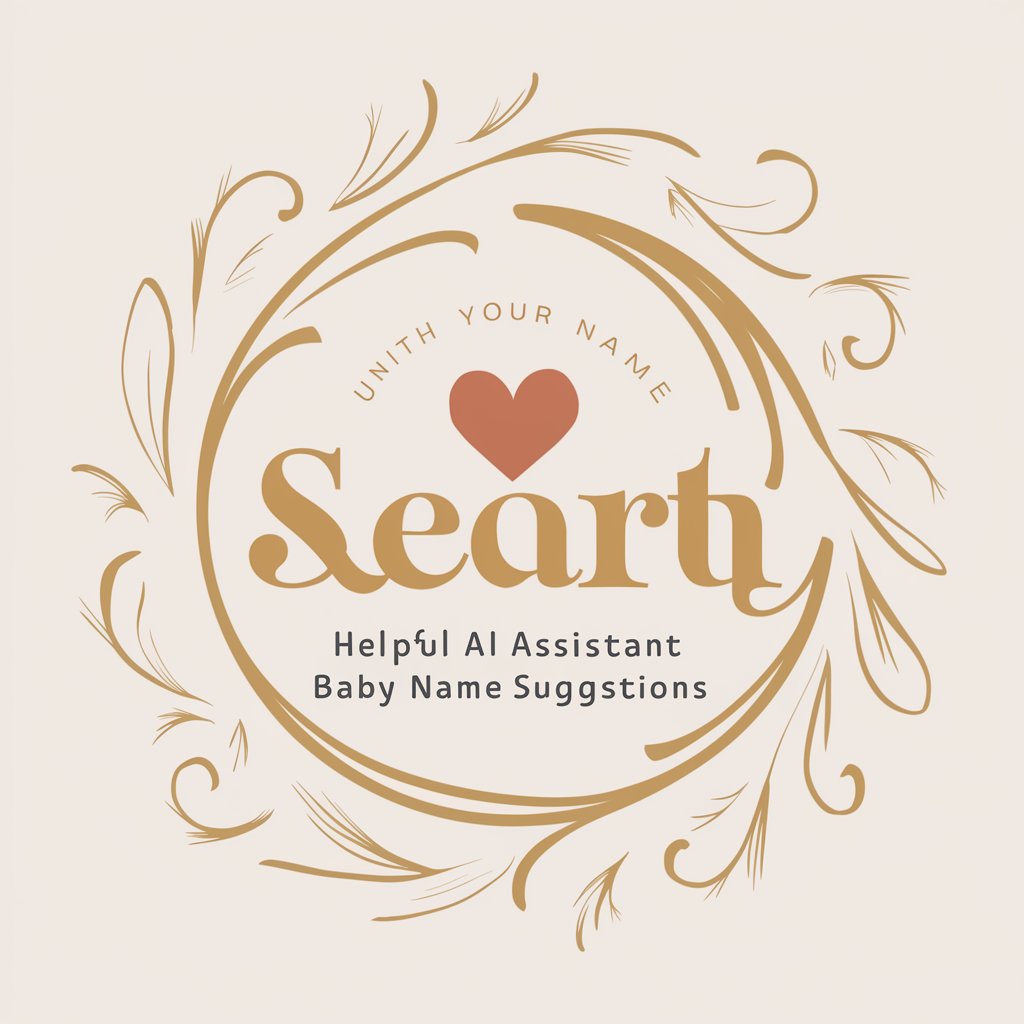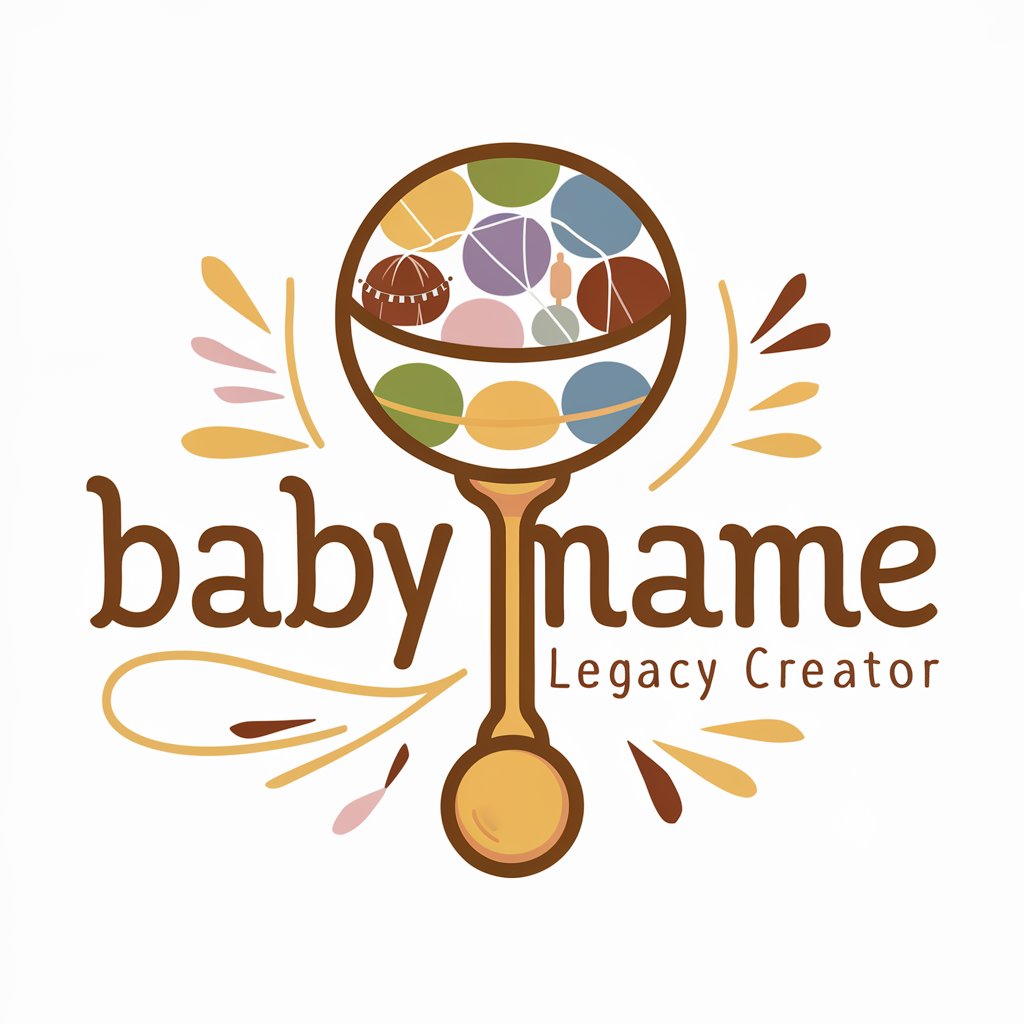10 GPTs for Family Heritage Powered by AI for Free of 2026
AI GPTs for Family Heritage are advanced generative pre-trained transformers designed to cater specifically to tasks and topics related to exploring, preserving, and engaging with family heritage. These tools leverage the power of AI to analyze, interpret, and generate content relevant to genealogy, historical data, personal stories, and cultural legacy. By utilizing GPTs, users can access tailored solutions that enhance their understanding and connection to their ancestry, making it easier to document family histories, discover lineage connections, and share their heritage with future generations.
Top 10 GPTs for Family Heritage are: 家紋メーカー,Visual Family Tree Builder,Ancestry Artist,My Life Stories,Heraldic Artist,Baby Name Weaver,Time Capsule Curator,Biographer for Everyone,Crest Designer,Baby Name Legacy Creator
家紋メーカー
Crafting Tradition with AI Innovation

Visual Family Tree Builder
Craft Your Heritage with AI

Ancestry Artist
Visualizing History with AI

My Life Stories
Preserve life's moments with AI

Heraldic Artist
Crafting Your Legacy with AI

Baby Name Weaver
Crafting unique names with AI power

Time Capsule Curator
Preserving Memories with AI

Biographer for Everyone
Crafting Your Story with AI Precision

Crest Designer
Craft Your Heritage, Powered by AI

Baby Name Legacy Creator
Craft Unique Names with AI

Key Attributes of Family Heritage AI Tools
The core features of AI GPTs for Family Heritage include advanced natural language processing capabilities for understanding and generating historical and genealogical content, adaptability to various levels of inquiries ranging from simple ancestral queries to complex family tree reconstructions, and specialized features such as language learning for deciphering old documents, technical support for database management, web searching for historical records, image creation for visualizing ancestors or historical events, and data analysis to identify patterns or connections within family data.
Who Benefits from Heritage AI Applications
AI GPTs tools for Family Heritage are designed for a wide audience, including genealogy novices, professional historians, cultural researchers, and software developers working in the heritage sector. These tools are accessible to individuals without coding skills, offering user-friendly interfaces for engaging with family history. For those with programming expertise, these GPTs offer advanced customization options, enabling the development of personalized applications or enhancements to existing genealogical research methodologies.
Try Our other AI GPTs tools for Free
Unique Identities
Discover AI GPTs designed for Unique Identities, offering specialized solutions for identity management and analysis. Perfect for both novices and professionals.
Email Assistance
Discover how AI GPTs for Email Assistance can revolutionize your email management with smart, automated, and personalized solutions.
Wellness Products
Explore how AI GPTs for Wellness revolutionize personal health with tailored advice, enhancing wellness journeys with cutting-edge technology.
SEO Trends
Explore how AI GPTs are transforming SEO strategies with cutting-edge technology designed to optimize content, predict trends, and improve search rankings.
eCommerce Marketing
Unlock the potential of your eCommerce marketing with AI GPTs tools. Designed to automate, personalize, and enhance online marketing efforts, these AI solutions offer a competitive edge in the digital marketplace.
Product Cataloging
Explore AI GPT tools for efficient Product Cataloging, designed to automate descriptions, optimize listings, and enhance e-commerce platforms.
Expanding Horizons with Heritage AI
AI GPTs for Family Heritage not only facilitate genealogical research but also offer innovative ways to connect with our past, presenting user-friendly interfaces that democratize access to family history exploration. These tools can seamlessly integrate with existing systems, allowing users to bring historical data to life through narratives, visualizations, and comprehensive analyses, thereby enriching the understanding of one's heritage.
Frequently Asked Questions
What exactly are AI GPTs for Family Heritage?
AI GPTs for Family Heritage are specialized AI tools designed to support tasks related to genealogy, history, and cultural legacy using advanced natural language processing and generation capabilities.
How can these tools enhance my genealogical research?
They offer advanced search capabilities, natural language understanding for analyzing historical texts, and the ability to generate narratives or reports based on ancestral data.
Are these AI tools suitable for beginners in genealogy?
Yes, they are designed with user-friendly interfaces that require no prior programming knowledge, making them accessible to beginners.
Can developers integrate these tools into custom applications?
Absolutely. Developers can leverage these tools' APIs to create or enhance custom applications for genealogical research or family heritage projects.
What unique features do these GPTs offer for family heritage exploration?
Features include language learning for old document interpretation, image creation for historical visualization, and data analysis for uncovering family connections.
How do these tools handle different languages and historical documents?
They are equipped with language learning capabilities to interpret and translate various languages, including those found in historical documents.
Can AI GPTs for Family Heritage generate family trees?
While they can assist in the research and data analysis necessary for building family trees, the actual visualization and tree construction may require additional tools or software.
What privacy measures are in place for sensitive family data?
These tools are designed with privacy and security measures to ensure sensitive family information is protected and handled with care.